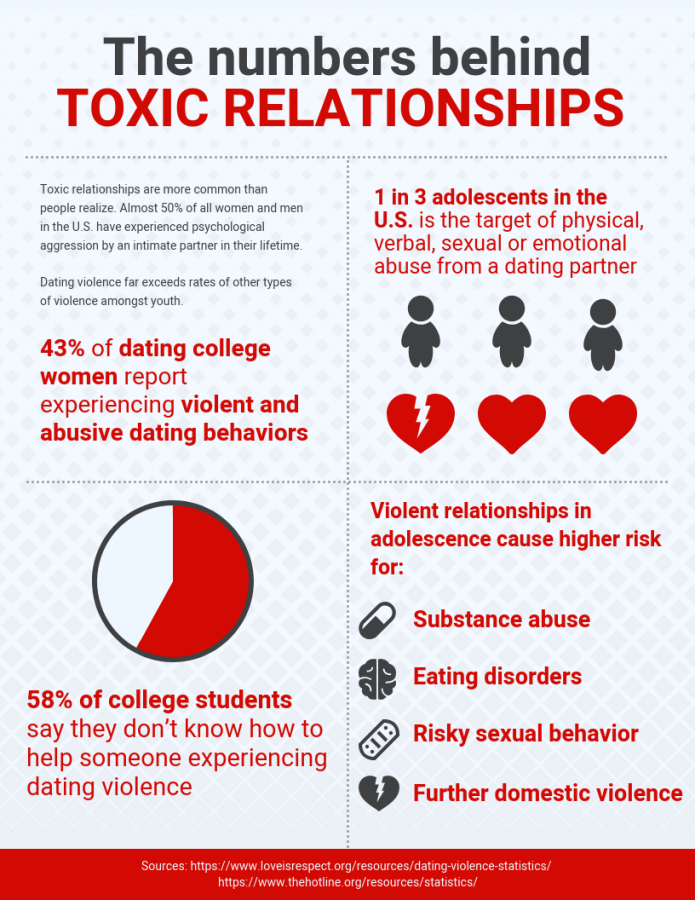Relationships are an essential part of our lives, providing support, love, and companionship. However, when a relationship becomes toxic and emotionally abusive, it can have a detrimental impact on our mental and emotional well-being. Recognizing the signs of toxic relationships and emotional abuse is crucial in order to take steps to protect yourself and seek support.
Understanding Emotional Abuse
Emotional abuse is a form of manipulation and control that can occur in any type of relationship – romantic, familial, or even friendships. It involves behaviors such as belittling, humiliation, gaslighting, and manipulation, all of which are designed to undermine your self-esteem and sense of self-worth. Emotional abuse can be subtle and insidious, making it difficult to recognize, but the effects can be long-lasting and damaging.
Signs of a Toxic Relationship
There are several warning signs that indicate a relationship may be toxic and emotionally abusive. These include:
Constant criticism and belittling
Control and possessiveness
Gaslighting and manipulation
Isolation from friends and family
Threats and intimidation
Blaming and guilt-tripping
If you find yourself experiencing any of these behaviors in your relationship, it is important to take action to protect yourself and seek support.
Taking Steps to Protect Yourself
Dealing with a toxic relationship and emotional abuse can be challenging, but there are steps you can take to protect yourself and begin the healing process:
Set Boundaries
Establish clear boundaries with the abuser and communicate your needs and expectations. It is important to assert yourself and not allow the abuser to continue to manipulate and control you.
Seek Support
Reach out to friends, family, or a therapist for support and guidance. Talking to someone you trust can help you gain perspective and make informed decisions about your relationship.
Practice Self-Care
Take care of yourself by engaging in activities that bring you joy and relaxation. Self-care is essential in rebuilding your self-esteem and resilience in the face of emotional abuse.
Consider Ending the Relationship
If the toxic behavior continues and shows no sign of improvement, it may be necessary to consider ending the relationship. Your well-being and mental health should always be a priority.
Seeking Professional Help
If you are in a toxic relationship and experiencing emotional abuse, it is important to seek professional help. A therapist can provide you with the tools and support you need to navigate the complexities of a toxic relationship and heal from the emotional wounds of abuse.
Remember, you deserve to be treated with respect, kindness, and compassion in all your relationships. Don’t hesitate to reach out for help and take the necessary steps to protect yourself and create a healthy and supportive environment for yourself.
Stay strong and know that you are not alone in your journey to healing and empowerment.
